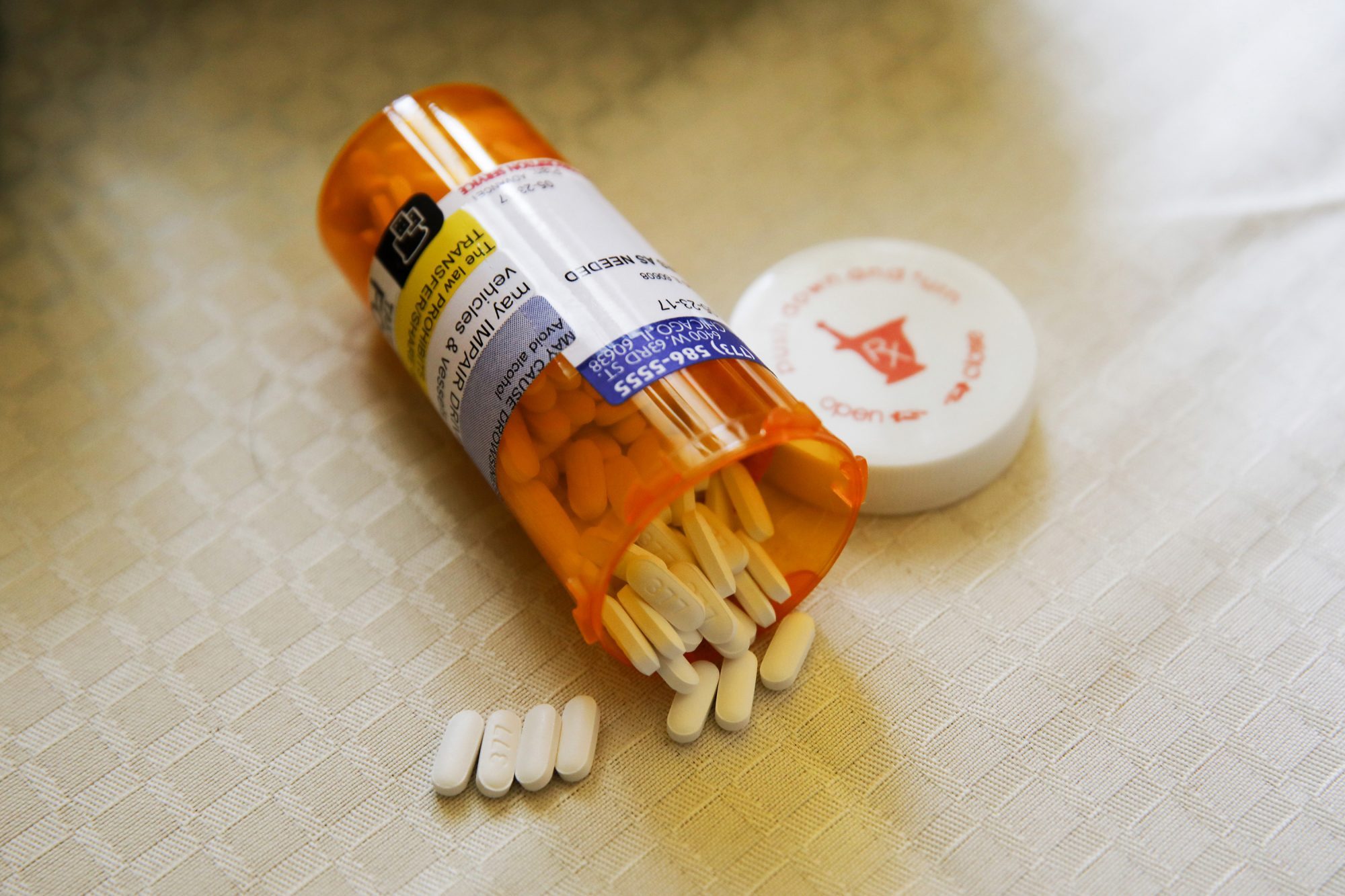UCI tests 117 riders for tramadol after painkiller banned in professional cycling
The governing body took the unilateral decision to prohibit the drug for “medical reasons”


The latest race content, interviews, features, reviews and expert buying guides, direct to your inbox!
You are now subscribed
Your newsletter sign-up was successful
The UCI has tested 117 riders for the painkiller tramadol after the substance was banned in professional cycling earlier this year.
Following the ban, which was introduced on March 1, the international governing body has carried out 143 tests on 117 riders at 11 events on the WorldTour calendar.
The UCI unilaterally banned the drug earlier this year on “medical grounds,” as the World Anti-Doping Agency looked no closer to adding the substance to it’s prohibited list.
>>> Manzana Postobon team suspended as second rider gives adverse reading
All tests carried out returned negative results.
Some riders use tramadol, a painkiller used to treat moderate to severe pain, to improve their performance on the bike.
Anyone in the professional peloton caught using the drug faces disqualification, suspension or a ban.
The latest race content, interviews, features, reviews and expert buying guides, direct to your inbox!
An experiment conducted by university academics found that riders’ power output was higher when taking the painkiller.
But use of the drug has raised concerns over rider safety, as side effects include drowsiness and loss of concentration, which could cause crashes in the tightly-packed peloton.
Tramadol users also face gradual dependence on the substance with the risk of developing addiction.
The drug is not included on WADA’s list of prohibited substances, despite calls for it to be banned.
WADA says it is not convinced tramadol has performance-enhancing benefit, but that it could be banned in the coming years.
Instead tramadol is listed on the WADA Monitoring List, where it has remained since 2012.
According to a WADA study carried out in 2017, 4.4 per cent of in-competition tests on cyclists showed the use of tramadol, while 68 per cent of urine samples taken from 35 Olympic sports that contained the drug were taken from cyclists.
The UCI began testing athletes from March 1, with the support of the independent Cycling Anti-Doping Foundation.
Samples were taken mainly at the finish line of races, with tests carried out by collecting a small amount of blood from the riders’ fingertips in a process called Dried Blood Spots.
Analysis was then carried out independently at the Geneva University Hospital Clinical Pharmacology and Toxicology Division.
UCI president David Lappartient said: “The in-competition tramadol testing programme has entered its transition phase.
“I would like to thank the staff working on the ground for leading this programme to a successful conclusion, as well as our scientific partners for their support.
“I would also like to thank the riders and teams who have shown a real desire to make this risk-reduction programme in the peloton a success."
Alex Ballinger is editor of BikeBiz magazine, the leading publication for the UK cycle industry, and is the former digital news editor for CyclingWeekly.com. After gaining experience in local newsrooms, national newspapers and in digital journalism, Alex found his calling in cycling, first as a reporter, then as news editor responsible for Cycling Weekly's online news output, and now as the editor of BikeBiz. Since pro cycling first captured his heart during the 2010 Tour de France (specifically the Contador-Schleck battle) Alex covered three Tours de France, multiple editions of the Tour of Britain, and the World Championships, while both writing and video presenting for Cycling Weekly. He also specialises in fitness writing, often throwing himself into the deep end to help readers improve their own power numbers. Away from the desk, Alex can be found racing time trials, riding BMX and mountain bikes, or exploring off-road on his gravel bike. He’s also an avid gamer, and can usually be found buried in an eclectic selection of books.
